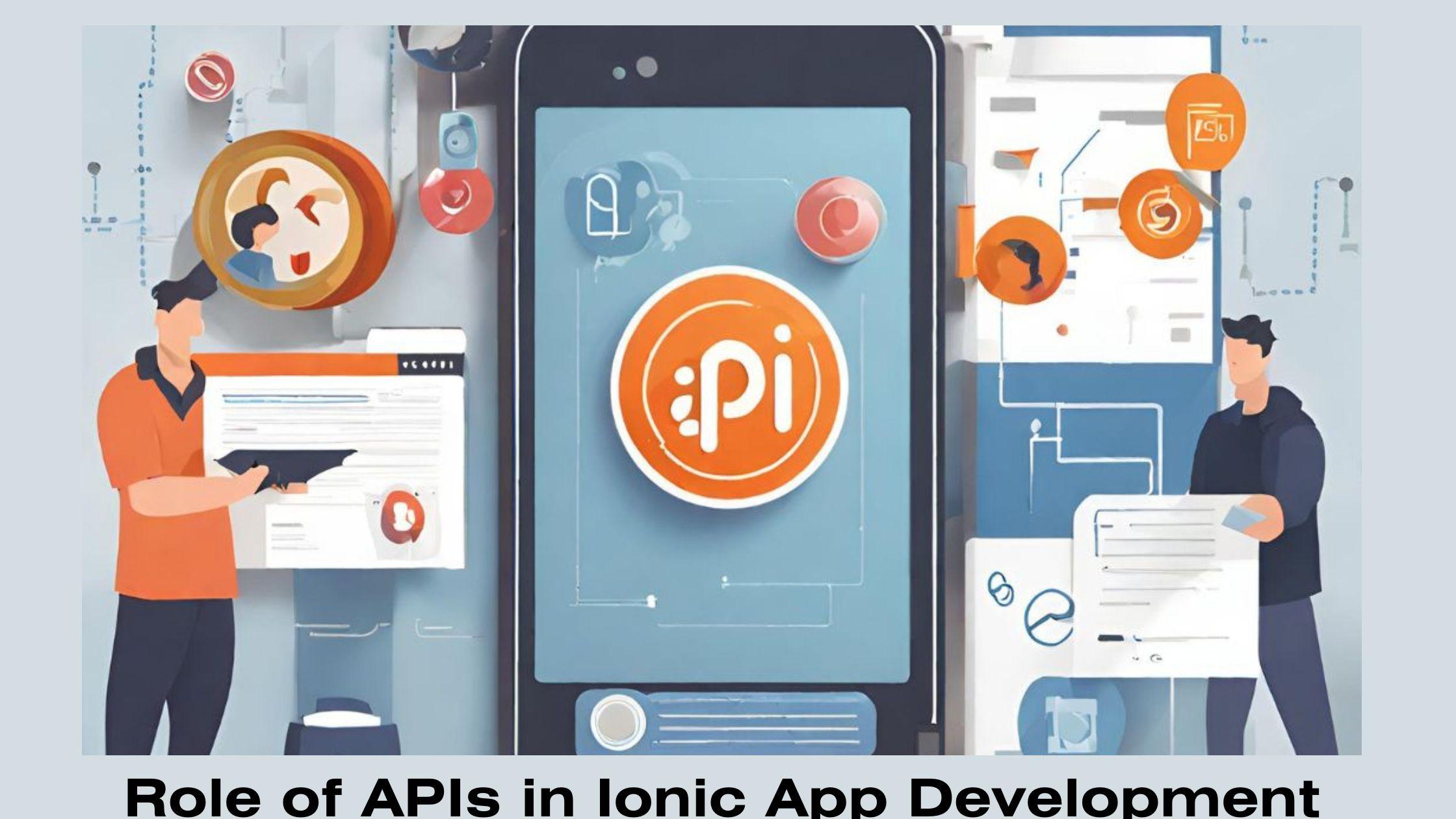In the rapidly evolving world of mobile app development, Ionic has emerged as a popular framework due to its ability to create cross-platform apps with ease. One crucial element that plays a pivotal role in Ionic app development is APIs (Application Programming Interfaces).
APIs act as the bridge between your app and external data sources or services, enabling you to add dynamic functionality and access valuable resources.
In this blog, we’ll delve into the significance of APIs in Ionic app development and how they contribute to the success of your mobile application from an SEO perspective.
Why APIs Matter in Ionic App Development:
1. Data Integration and Enrichment:
APIs allow Ionic apps to connect with various data sources, including databases, third-party services, and cloud storage. This integration is essential for pulling in real-time data, such as user information, product catalogs, or weather updates. By providing fresh and relevant information, your app becomes more valuable to users, leading to higher user engagement and potentially improved SEO rankings.
2. Improved User Experience:
A seamless user experience is paramount in today’s app landscape. APIs enable you to enhance your Ionic app’s functionality by integrating features like geolocation, social media sharing, or payment gateways. When users find your app useful and enjoyable to use, they are more likely to spend time on it and recommend it to others, indirectly boosting your SEO efforts through positive user signals.
3. Content Syndication:
APIs empower your Ionic app to curate and display external content seamlessly. For instance, if you’re developing a news app, you can integrate APIs from different news sources to provide a comprehensive news feed. This not only keeps your app content-rich but also encourages users to revisit it regularly, which can positively impact your SEO rankings.
4. Analytics and Insights:
APIs can also be used to collect valuable user data and analytics. By integrating analytics services, you can gain insights into user behavior, demographics, and app performance. These insights can guide you in making data-driven decisions to optimize your app and its content, which is crucial for SEO strategies.
5. Security and Authentication:
APIs are instrumental in securing your Ionic app. They enable authentication processes to ensure that only authorized users can access certain features or data. A secure app not only protects user data but also builds trust, which is essential for maintaining a positive online reputation and, indirectly, SEO rankings.
Conclusion
APIs play an indispensable role in the realm of Ionic app development, serving as a cornerstone for crafting dynamic, feature-rich, and user-centric applications. Leveraging the capabilities of APIs doesn’t just bolster your app’s functionality and user engagement, but it also propels you forward in the realm of search engine optimization (SEO).
Nevertheless, to unlock the full potential of APIs within the context of Ionic app development, it’s essential to hire Ionic developers. Engaging Ionic developers equipped with profound expertise in seamless API integration, user experience design, and the nuances of SEO optimization can prove to be the decisive factor in the triumph of your mobile application.



